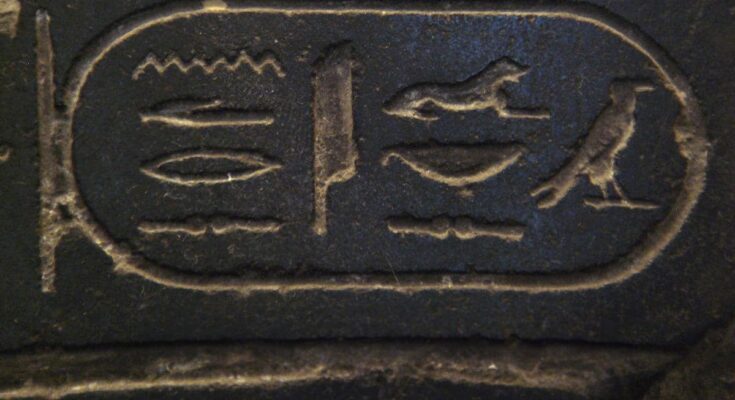The name Alexander has transcended languages and cultures, resonating through history and across the globe. Its enduring appeal lies not just in the achievements of one man but in how his legacy continues to inspire cultures worldwide. From ancient times, Alexander remains a symbol of leadership, bravery, and cultural fusion.
A name born of greatness
Alexander the Great, born in 356 BC, became one of history’s most renowned figures. He built an empire that stretched from Greece to India, uniting diverse cultures under his rule. The name Alexander, meaning “defender of the people” in Greek, carries a sense of power and responsibility. This name evokes images of conquest, unity, and strength.
As Alexander’s empire expanded, his name’s influence spread, transcending languages and borders. Cities were named in his honor, with Alexandria in Egypt being the most famous. These cities became centers of learning and culture, spreading the name Alexander far and wide. His legacy was not just in the lands he conquered but in the cultural and intellectual seeds he planted.
Cultural resonance across centuries
Over the centuries, the name Alexander transcended its Greek origins. Various cultures and languages adopted it, each adding its unique flavor. In Russia, the name became Aleksandr, a name borne by tsars and poets, symbolizing leadership and creativity. In Persian, it is known as Eskandar, woven into myths and literature. The name’s adaptability across languages shows its universal appeal.
In Western Europe, Alexander became a popular name among royalty and nobility. Kings of Scotland, popes, and emperors have taken the name, associating it with wisdom and strength. The name spread further during the Renaissance, a period when classical ideas and names were revived. As European explorers ventured into new worlds, they carried the name Alexander with them, embedding it into new societies and languages.
A modern-day symbol of Alexander’s legacy
Today, the name Alexander continues to enjoy popularity around the world. Parents choose it for their children, not just for its historical significance but for the qualities it represents. The name conjures images of leadership, courage, and ambition—as relevant now as in ancient times.
In the United States, Alexander consistently ranks as one of the top names for boys. Its versatility adds to its charm; it can be shortened to Alex or even Sasha, offering a range of identities within one name. This flexibility makes it a timeless choice, appealing to people from different cultures and backgrounds.
The name Alexander frequently appears in literature, film, and popular culture, reinforcing its status as a symbol of greatness. Alexander is often depicted as strong, intelligent, and destined for greatness, reflecting the historical figure’s legacy. Whether in a novel, movie, or play, Alexander carries a sense of gravitas and respect.
Uniting cultures through a name that transcends religions
Alexander truly stands out for how it has bridged cultures and languages over millennia. In every corner of the world, there is a version of the name that holds significance. Different religions, including Christianity, Islam, and Judaism, have embraced the name, each interpreting Alexander’s legacy in its unique way.
The spread of the name Alexander also reflects the blending of cultures that began with Alexander the Great’s conquests. His empire was not just a political entity but a cultural mosaic where Greek, Persian, Egyptian, and Indian influences mingled. The name Alexander became a part of this cultural exchange, symbolizing the interconnectedness of different peoples and traditions.
Today, in a globalized world, the name Alexander continues to link cultures. You can find the name in almost every language, from English and Spanish to Chinese and Arabic. This widespread use of the name reminds us that, despite our differences, common threads connect us all.
The timeless appeal of a name
The enduring popularity of the name Alexander lies in its ability to adapt and resonate with each generation. The name has evolved over time, yet it has never lost its connection to its origins. The qualities that made Alexander the Great a legendary figure—leadership, bravery, and vision—continue to make the name appealing today.
In many ways, the name Alexander is more than just a name; it’s a legacy—one of cultural exchange and leadership transcending borders. Alexander will remain a timeless choice as long as people continue to seek names that carry meaning and history.
Alexander is a name that transcends languages, uniting people across time and space. It carries the weight of history yet remains relevant in the modern world. From ancient empires to contemporary societies, the name Alexander continues to inspire, reminding us of the enduring power of a name.



